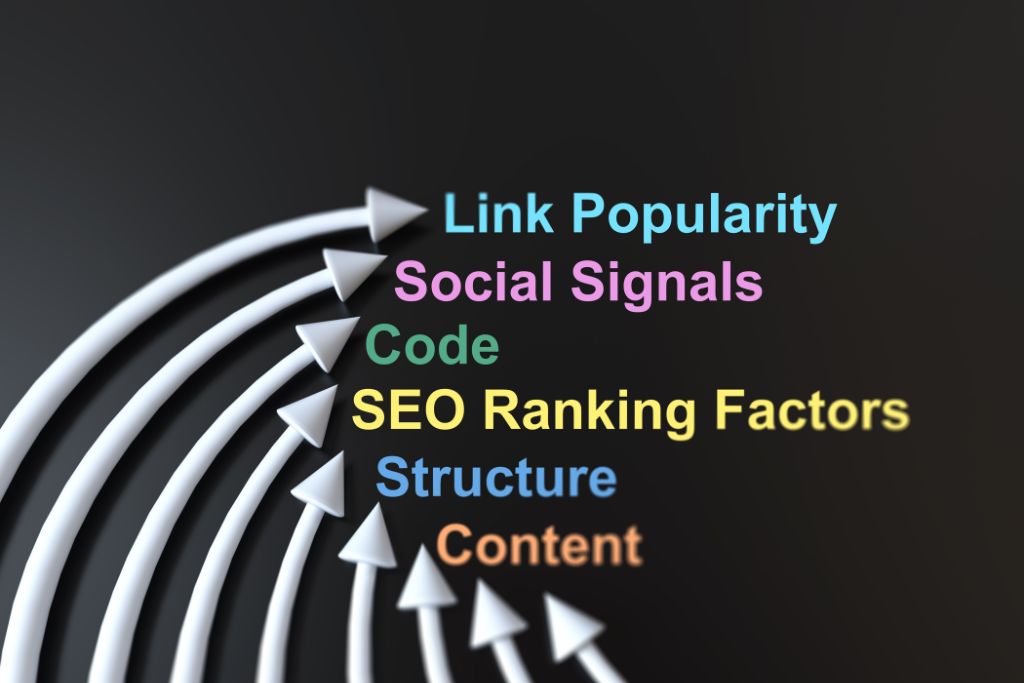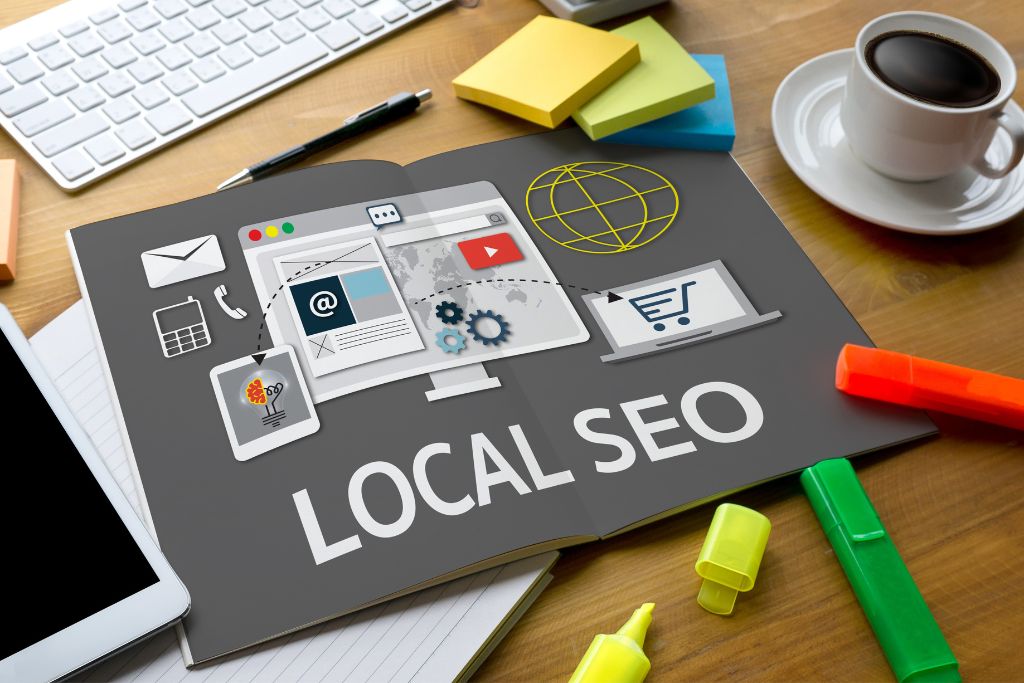Can’t boost your website’s search engine rankings? Relax—you’re not alone! Beginners may find SEO intimidating. With the correct information and strategies, anyone can improve their website’s search engine visibility. This blog post will provide basic yet powerful SEO recommendations that anyone can use to enhance their content and boost their online visibility. So settle in and study SEO!
What’s SEO?
SEO means SEO. Optimizing your website’s content for SERPs is it. SEO boosts organic traffic and search engine rankings. Search engines utilize complex algorithms to find relevant and useful websites for specific queries. SEO involves optimizing your website’s content, structure, and code for search engine crawling and indexing.

On-Page, Off-Page, and Local SEO make up SEO. On-page SEO improves page content, keyword utilization, metadata optimization, and internal linking architectures. Off-page SEO incorporates guest blogging and social media marketing to develop backlinks to your website. Local SEO boosts local business visibility online. In conclusion, mastering SEO takes time, but understanding its principles can set you up for success!
SEO Types
SEO has many types. Each category serves a distinct audience. On-page SEO optimizes content and structure. Keywords, meta descriptions, internal linking, and more are needed. Next, off-page SEO includes link development, social media marketing, and influencer outreach. These tell search engines your site is trustworthy.

If you have a storefront or want to target local customers, local SEO considerations matter. This includes accurate local directory information like Google My Business. E-commerce sites need keyword-optimized product descriptions, easy navigation, and optimized imagery. Understanding these SEO kinds might help your website achieve better results by targeting the proper audience with the best methods.
On-Page SEO
On-page SEO parameters affect website content and structure. These elements determine a site’s SERP ranking. Keyword optimization is crucial on-page. In titles, meta descriptions, headings, and text, use relevant keywords. Keyword stuffing penalties result from overusing keywords. UX design is also crucial on-page. UX design prioritizes user-friendly layouts and fast page load rates to keep visitors engaged.

High-quality material optimized for readers and search engines improve ranks. It’s important to write useful, entertaining blog posts that answer visitors’ inquiries and include relevant headlines, graphics, and internal links. Finally, using HTML tags like title tags and heading tags like H1s and H2s can boost SERP ranking!
Off-Page SEO
Off-page SEO variables are external elements that affect your search engine ranking. Link building, social media marketing, and reputation management are included. Off-page optimization requires link building. Search engines value the quality and quantity of links to your website. However, it’s important to focus on getting high-quality backlinks from authoritative websites relevant to your niche.

Off-page optimization includes social media. Shares, likes, comments, and other interactions with followers can boost brand exposure and site traffic. Online reputation management involves monitoring comments about you or your business. Customer satisfaction and prompt replies improve credibility and trustworthiness with new customers and search engines. Off-page SEO is essential for improving visibility in search results by creating a strong presence across the web beyond just one’s own website.
Local SEO
Local SEO is an essential aspect of digital marketing. It helps firms target local customers, increasing sales and customer acquisition. Without understanding local search criteria, optimizing for it can be difficult. One important factor in local SEO is Google My Business (GMB). Setting up a GMB profile with accurate information such as business name, address, phone number, and opening hours enables Google to display your business on maps and search results when relevant searches are made.

Another crucial element is citations from citation directories like Yelp or Yellow Pages. These directory listings can help increase visibility while also providing backlinks to your website pages. Reviews are also significant since they have become one of the most influential ranking factors; positive reviews play an integral role in earning trust from potential new customers while negative ones might damage your reputation online. Creating quality content that targets locally-relevant keywords and actively participating on social media platforms will significantly impact your ranking position in Local SERPs.
Ecommerce SEO Factors
When it comes to e-commerce SEO, there are several factors that can make or break your online store’s success. First and foremost, you need to ensure that your website is optimized for user experience. This includes having an easy-to-navigate site structure with clear categories and product pages. In addition, on-page optimization is crucial for e-commerce SEO. Make sure all of your product pages have unique titles and descriptions that include relevant keywords. Use high-quality images and provide detailed product information to help potential customers make informed purchasing decisions.
Off-page factors such as backlinks also play a significant role in e-commerce SEO. Building quality links from reputable sources can improve your search engine rankings and drive more traffic to your site. Another important factor is mobile optimization. With the majority of internet users browsing on their smartphones, it’s essential that your e-commerce site is mobile-friendly and loads quickly on all devices.

Regularly monitoring key metrics such as traffic, bounce rate, conversion rate, and average order value can help you identify areas for improvement in your e-commerce SEO strategy. By implementing these best practices, you’ll be well on your way to improving visibility in search engines and driving more sales through organic traffic!
In “Simple Knowledge Base SEO Tips Anyone Can Follow,” learn how to optimize your knowledge base for search engine visibility. This detailed guide discusses the importance of choosing the proper cookie for your website in the article “Choosing the Right Cookie For Your Website.” This article helps users understand website optimization and the need of using proper cookies to improve user experience and comply with privacy standards. This holistic SEO approach empowers website owners to make informed decisions that improve their online presence and user pleasure.




